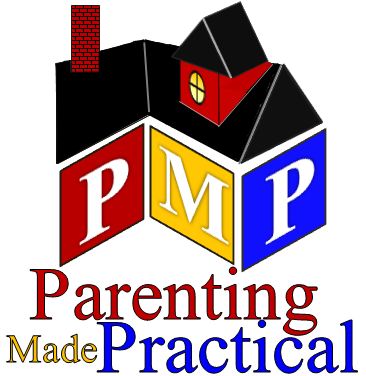By Joey and Carla Link
June 29, 2022

You think your kids will learn about the 4th of July and what it means in school. But exactly what are they learning about it? In public schools, it is hard to tell what is being taught about anything. Often, it is someone’s opinion about a historical event rather than the details surrounding the event itself.Do your kids know the 4th of July (in the US) is the birthday of the United States? Most kids can relate to what a birthday means. Celebration. Gifts. Parties. So, first of all, talk about how your family can celebrate the 4th. Can your kids plan a birthday party celebrating the United States?
- Have one of your kids prepare to share what being a “free” country means?
- Do your kids know that millions of people live in countries where these freedoms don’t exist? Have one of your kids be prepared to share what some of these freedoms are.
- Do your kids know that God has historically been given credit for what the United States stands for? Ask each of your kids who are old enough to look up the following to share with the family on the 4th of July.
- Where did the phrase, “In God We Trust” come from and where can you most easily find it?
I would have told you that the phrase “In God We Trust” first came into being in US politics when the Constitution was written. I just looked it up and I am wrong. On July 30, 1956, two years after pushing to have the phrase “under God” inserted into the pledge of allegiance, President Dwight D. Eisenhower signed a law officially declaring “In God We Trust” to be the nation’s official motto.
Ask one of your kids to look up and find out how many US Presidents refused to put their hand on the Bible when they were sworn into office. Answer: All except 10 U.S. presidents have been sworn in with a Bible, and those that did traditionally seal their oath of office with “so help me God.”
Ask one of your kids to be prepared to share how the Declaration of Independence came into being and how many times it mentions God.
Answer: It mentions God 4 times.
The Declaration of Independence is an apology for revolution. Support for a complete break with Great Britain was growing stronger week by week in the spring of 1776, both in the Continental Congress and in the thirteen colonies at large. On June 7, 1776, a resolution advocating independence was presented to Congress by Richard Henry Lee of the Virginia delegation. Four days later Congress appointed a committee of five delegates to draft a document explaining the historic separation it would soon be voting on.
The resulting Declaration of Independence, drafted by Thomas Jefferson and edited by his fellow delegates, contains a theory of rights that depends on a Supreme Being, not man, for its validity. The Declaration states that “all men are created equal, that they are endowed by their Creator with certain unalienable Rights, that among these are Life, Liberty and the pursuit of Happiness.” It is possible to see in these words an affirmation of the Founders’ religious faith, but God-given rights had less to do with theology in the summer of 1776 than they did with rebellion. (From the article: Why God is in the Declaration But Not the Constitution, Anthony J. Minna, Feb. 22. 2016, Journal of American Revolution)
Plan to have a picnic at a park or in your back yard or a BBQ and ask your kids after they have shared their answers to the questions you have asked them what kind of gifts they can give the United States. One gift we told our kids they could always do was to pick up trash they saw and throw it away so they could keep our city and therefore our country clean. I am sure your family can think of a lot of other things you can do.
